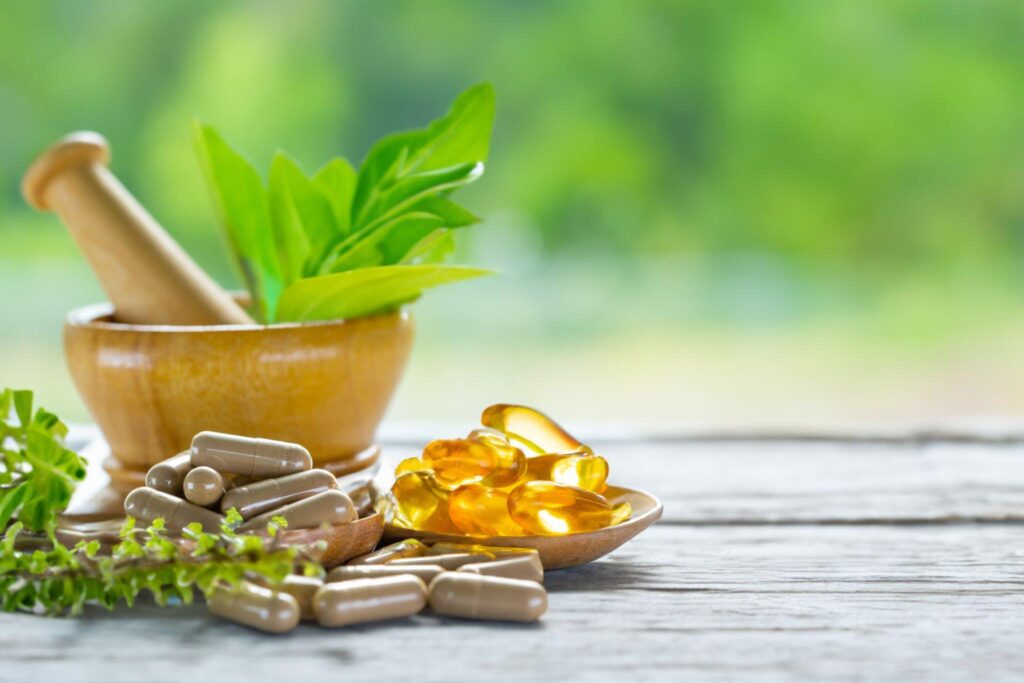PROSTATE
Urinary Disorders
Prostate
The prostate is a small, walnut-sized gland located in the male reproductive system, situated just below the bladder and in front of the rectum. This gland plays a crucial role in the male reproductive system by producing seminal fluid, which is a component of semen. The prostate surrounds the urethra, the tube that carries urine from the bladder and semen from the reproductive system out of the body.
The primary function of the prostate gland is to secrete a milky, alkaline fluid that, when combined with sperm from the testes and other fluids from the seminal vesicles, forms semen. This fluid serves several important purposes, including nourishing and protecting sperm, making the semen less acidic to help sperm survive in the female reproductive tract, and aiding in the propulsion of semen during ejaculation.
Symptoms of Prostate
1. Benign Prostatic Hyperplasia (BPH): BPH is the non-cancerous enlargement of the prostate gland, which is a common condition in aging men. It can lead to urinary problems due to the gland pressing against the urethra. Common symptoms of BPH include:
- Frequent urination, especially at night (nocturia).
- Difficulty starting or stopping urination.
- Weak urine flow.
- Urgency to urinate.
- Incomplete emptying of the bladder.
- Dribbling at the end of urination.
- A sense of not fully emptying the bladder.
2. Prostate Cancer: Prostate cancer is the growth of malignant cells in the prostate gland. In its early stages, prostate cancer may not cause noticeable symptoms. However, as it progresses, some possible symptoms can include:
- Difficulty starting or stopping urination.
- Weak urine flow.
- Frequent urination, especially at night.
- Blood in the urine or semen.
- Pain or discomfort in the pelvic area, lower back, or upper thighs.
- Erectile dysfunction.
Prostate Ayurvedic Treatment
Ayurveda, the traditional system of medicine from India, offers a holistic approach to treating kidney stones. However, it’s essential to consult with a qualified Ayurvedic practitioner who can provide a personalized treatment plan tailored to your specific condition. Here are some general Ayurvedic recommendations and herbal remedies that are commonly used in the treatment of Prostate :
Herbal Remedies:
- Tribulus Terrestris (Gokshura): This herb is believed to have diuretic and anti-inflammatory properties. It is often used in Ayurvedic medicine to support urinary and prostate health.
- Saw Palmetto: Although not native to Ayurveda, saw palmetto is sometimes used in Ayurvedic practice for its potential to alleviate BPH symptoms. It is known for its potential to reduce urinary symptoms associated with BPH.
- Ashwagandha: This adaptogenic herb may help reduce stress and inflammation, which can benefit overall health.
Dietary Modifications:
- Ayurvedic dietary recommendations can help reduce the burden on the prostate. For example, reducing the intake of spicy and acidic foods and increasing the consumption of foods like pumpkin seeds, green leafy vegetables, and herbs like turmeric may be suggested.
Lifestyle Modifications:
- Ayurveda emphasizes maintaining a balanced lifestyle, including getting enough rest, staying hydrated, and avoiding stress.
Yoga and Pranayama:
- Gentle yoga exercises and breathing techniques (pranayama) may help reduce stress and promote overall well-being.


